Is poor sleep causing your hearing loss?
Research says sleeping badly can damage your hearing – and a weekend lie-in may help protect it. We find out more – and discover some of the other surprising things that can cause hearing problems.

Research says sleeping badly can damage your hearing – and a weekend lie-in may help protect it. We find out more – and discover some of the other surprising things that can cause hearing problems.

After a busy week, many of us look forward to a lie-in at the weekend. But could those extra hours of sleep help protect your hearing? A new study suggests they might.
The research from Korea, reported in the medical journal Annals of Epidemiology, examined the sleeping habits of almost 7,000 men and women over 40 who filled in a questionnaire asking what time they went to bed and woke up on weekdays and weekends.
It found that people in their 40s, 50s and early 60s who got an hour or more extra sleep at weekends were significantly less likely to experience age-related hearing loss (presbycusis), even after factoring in other health and lifestyle habits.
Why might this be?
“It’s an emerging area of research,” says audiologist Franki Oliver, audiology manager at the RNID. “We know that the cochlea, the small organ in your inner ear responsible for hearing, is extremely sensitive to blood flow and oxygen levels.”
The cochlea – about the size of a pea – is filled with tiny sensory hair cells and is supplied by fine blood vessels. If blood flow is restricted due to inflammation, stress, or other health issues, these fragile cells can become damaged. And once gone, unlike other cells in the body, they don’t regenerate – making hearing loss permanent.
However, Oliver cautions: “This study shows a correlation – it’s impossible to untangle whether there’s actually a causal link at this stage, so further research is needed.”

Studies suggest that sleep is not only important for the health of our heart and blood vessels and but also for our hearing.
Why? Because good circulation is vital for the health of the inner ear. If blood flow is restricted – by inflammation or oxidative stress, in which rogue molecules that damage cells build up in the body – this can lead to cochlear damage and hearing impairment.
We already know from previous studies that how we sleep – when and how long for – can influence our risk of heart and circulatory disease and conditions such as type 2 diabetes. Having a lie-in at the weekend seems to have a protective effect.
“Weekend catch-up sleep has been suggested to be potentially restorative physiologically,” says Dr Helen Nuttall, principal investigator at the Neuroscience of Speech and Action Laboratory, University of Lancaster, who was not involved in the study. “Suggested mechanisms include reduced inflammation, support for cardiovascular function, and enhanced cellular repair.
“Additionally sleep disturbances, such as short sleep duration and insomnia, are associated with negative cardiovascular consequences that increase the risk for hearing loss.”
Dr Nuttall believes sleep could be one of several potentially important lifestyle factors that could help keep our auditory system healthy.
“While many people think hearing loss is an inevitable consequence of ageing, this may not be the case,” she says.
“Age in itself may be relatively unimportant in the decline in hearing experience by many – but not everyone – with the passing years.
“In fact so-called age-related hearing loss may reflect a constellation of lifestyle, health, and environmental factors that have built up over time, meaning there is a real opportunity to prevent, not just manage, hearing loss.”

The Korean study didn’t say but as Dr Nuttall observes: “Deep sleep is the most restorative sleep stage, so if weekend catch-up sleep is indeed physiologically restorative it may involve more deep sleep. These suggested restorative mechanisms could all – in theory at least – benefit cochlear function to support hearing.”
A clue could come from tinnitus research analysing brainwave patterns during sleep.
“In animal studies, those with signs of tinnitus actually sleep more and most of this extra sleep happens during non-REM (non-dreaming) sleep, suggesting this type of sleep may be important in how the brain tries to manage or recover from tinnitus,” says Victoria Bajo Lorenzana, associate professor of Neuroscience at the University of Oxford, who co-led the research.
The study found protective effects mainly in men and those aged 40 to 64 years.
In men, irregular bedtimes and lack of weekend catch-up sleep were linked to greater risk of hearing loss, while in women, extra weekend shut-eye seemed only to protect against milder hearing decline.
Disappointingly, the same benefits weren’t evident in the over-65s.
This research didn’t find any link between total sleep time and hearing loss. But others suggest that both too little and too much sleep may be harmful to hearing.
A Japanese study found that sleeping more than eight hours was associated with a higher risk of hearing loss. Another from China found too little sleep (less than four or five hours) and too much (more than eight hours) to be linked to hearing problems.
And in the US, research showed that those sleeping more than eight hours performed worse on tasks involving hearing speech in noisy settings.
The RNID’s quick, free online hearing check can spot early signs of hearing loss. Whether for yourself or to encourage your children or grandchildren it’s a simple step to protecting your hearing health.

“More than half of the over-55s experience some hearing loss, rising to more than four fifths in the over-70s,” says Oliver.
“We don’t fully understand why but it’s thought to be a result of gradual wear and tear often compounded by a lifetime of sound exposure.”
“Sudden hearing loss is rare but serious,” warns Oliver.
“If you wake up unable to hear it could be due to viral infection or restricted blood flow. But if treated within 48 to 72 hours – typically with steroids – there’s a chance hearing can be restored. Seek medical help immediately.”
Up to 2.3 million people in the UK need professional ear wax removal every year, especially older adults, hearing aid users and people with learning disabilities. But in England 8.1 million people now have no NHS access to this vital service. Many are forced to pay privately or try risky DIY methods that can cause lasting damage.
The RNID’s Stop the Block campaign is calling on the government to restore free, local NHS wax removal services for all who need them.
Find out more at rnid.org.uk/stoptheblock.


Get 3 months free, plus a £125 Totally Rewards Wellness Gift Card when you start a new policy by the end of 19 February 2026. T&Cs apply.
Underwritten by Bupa Insurance Limited.

Are you retiring at the wrong age? The best age to retire for your body, brain, happiness and pocket.


Everything you need to know about the lung infection, and how you could be ill with “walking” pneumonia without realising it.
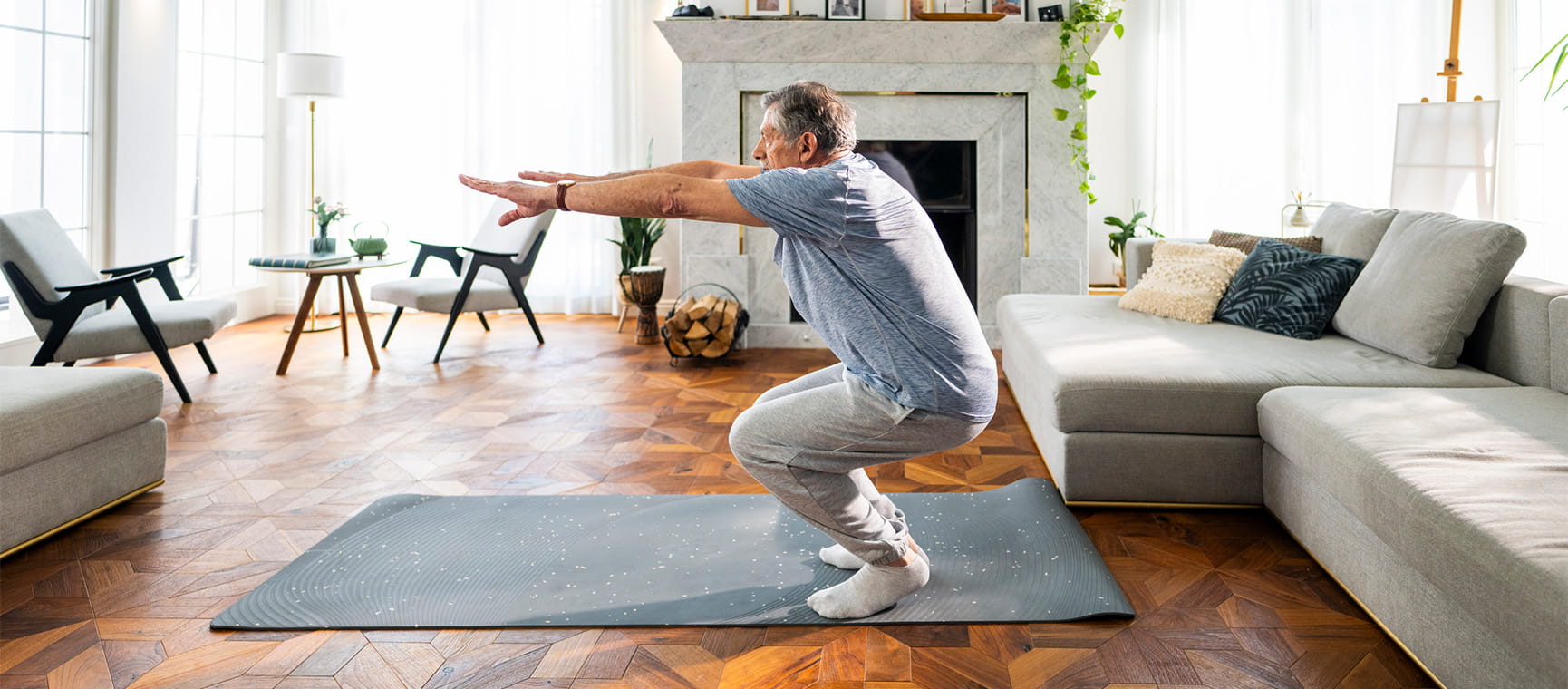
Strong calves for a strong mind: how they support our circulation and brain health, with easy moves to strengthen yours at home.


Our GP Dr Mark Porter explains what can cause itchy skin, which is a common problem as we get older.
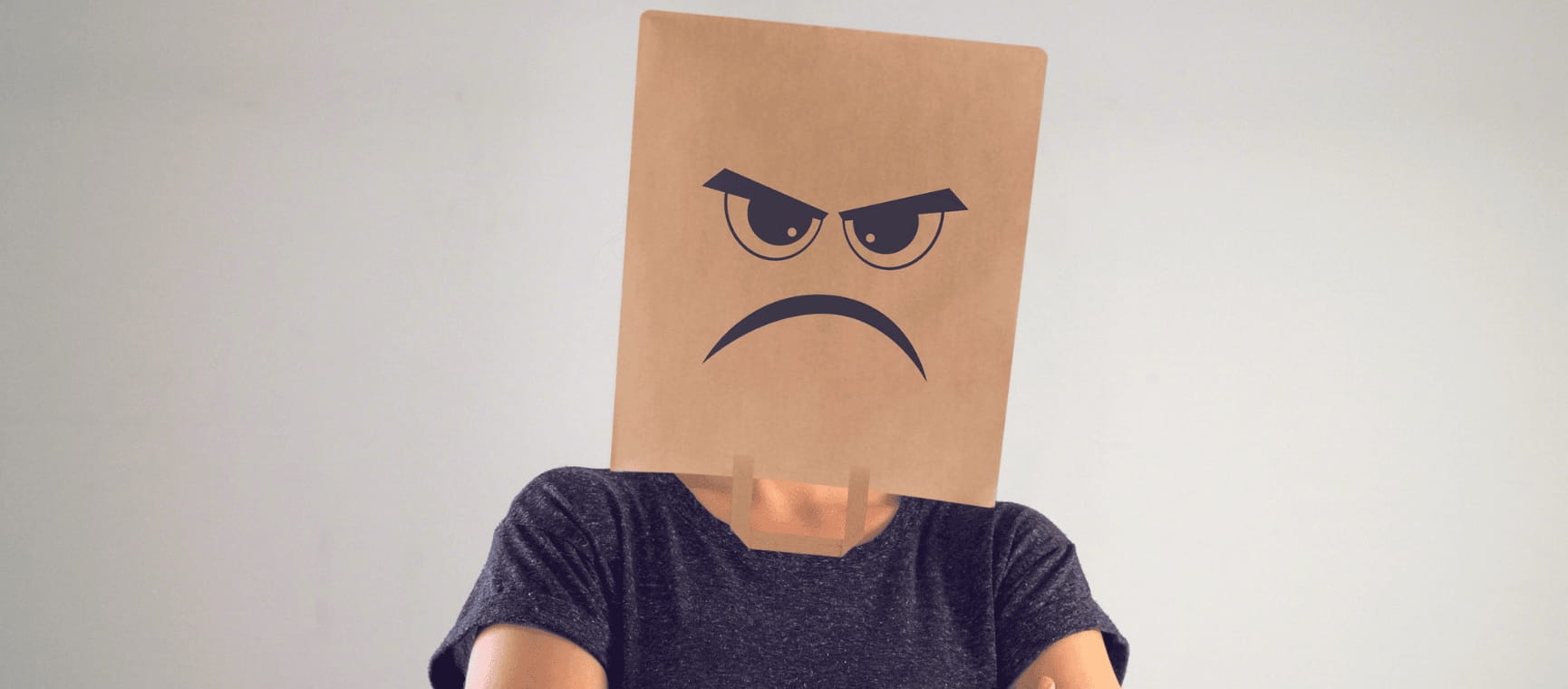
Worried you’ve morphed into Victor Meldrew? Find out how to battle that bad mood, and what to do if you’re stuck with a grouchy loved one.

The benefits of heat and cold therapy, and how Nordic bathing won over our nervous writer.

Here’s how to spot the symptoms of heat disease and reduce your danger.

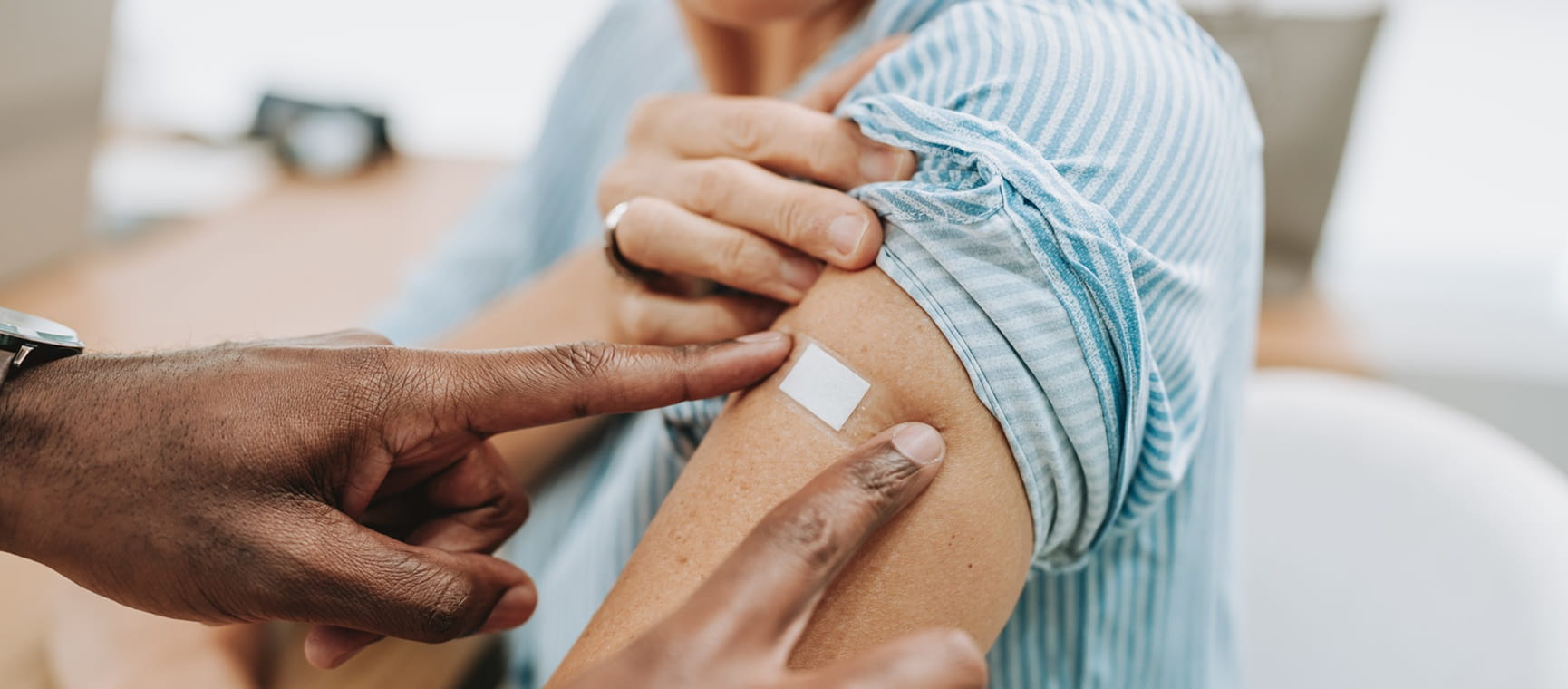
The NHS winter vaccination campaign kicks off next week. Here’s the lowdown on what you need to book.

Pilates for back pain – what to do if you are suffering, and five gentle exercises that could help.
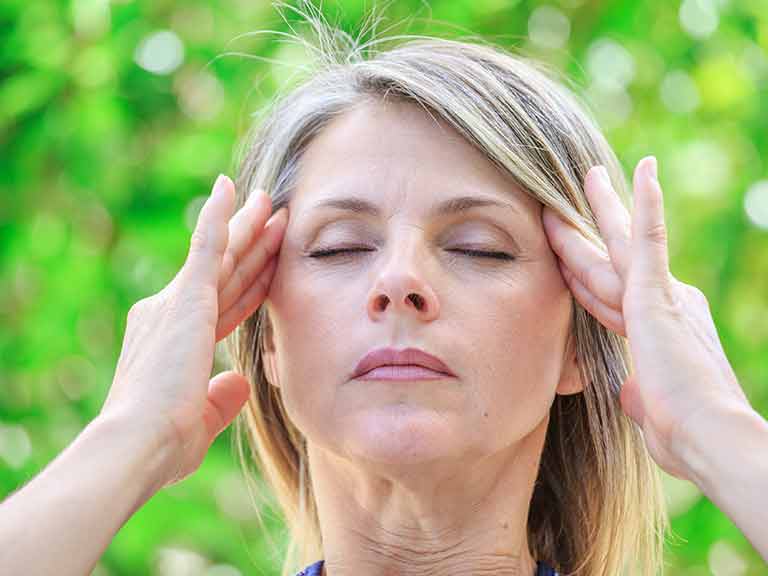
Dizziness or vertigo: a sensation of spinning, can stop us doing everyday things for fear of falling. Try these tips to stop feeling dizzy


You don’t have to put up with bladder leaks. We try out the latest pelvic floor gadgets for men and women.
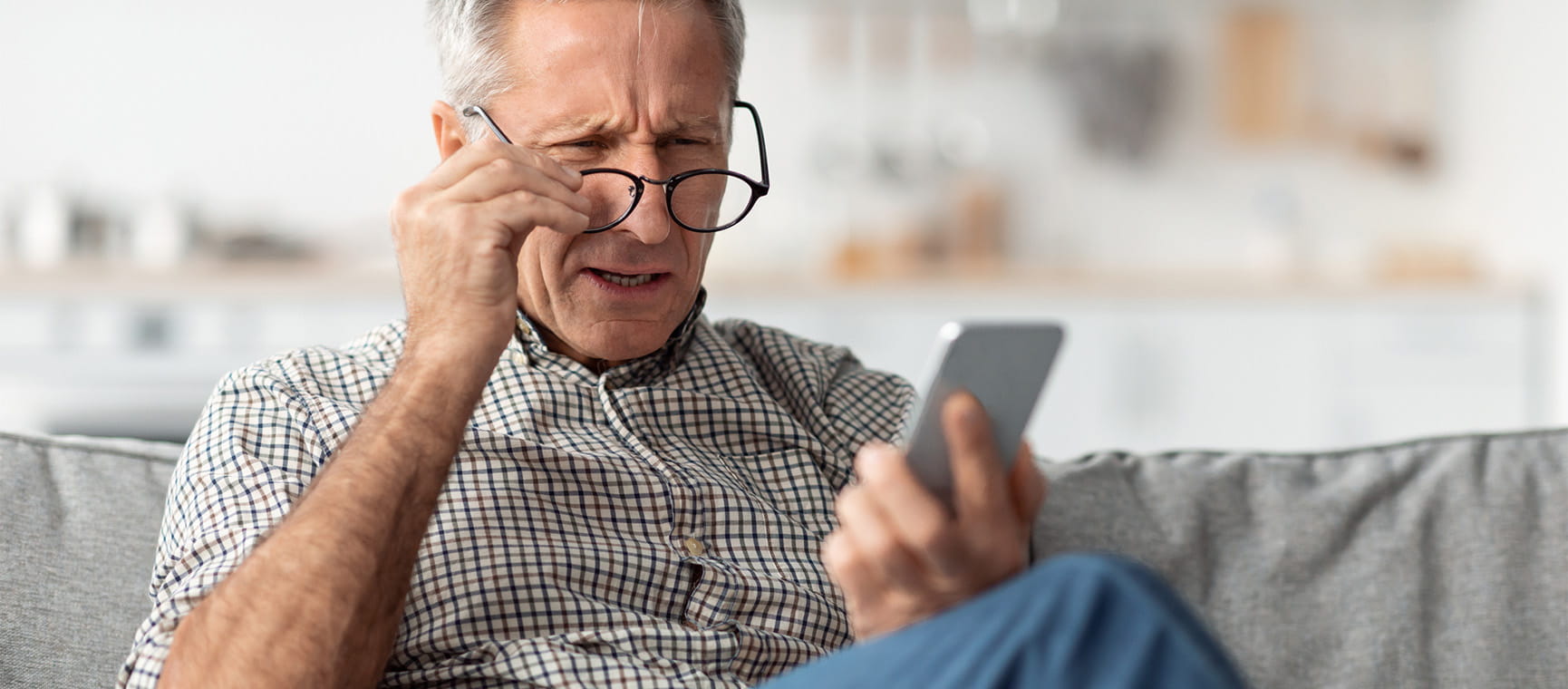
Cataracts are a normal part of ageing. Learn how to spot the signs – and when it’s time to consider surgery.